Farm & Ranch
[AgriLife Today] Budget spreadsheets available for small grain, stocker cattle fall
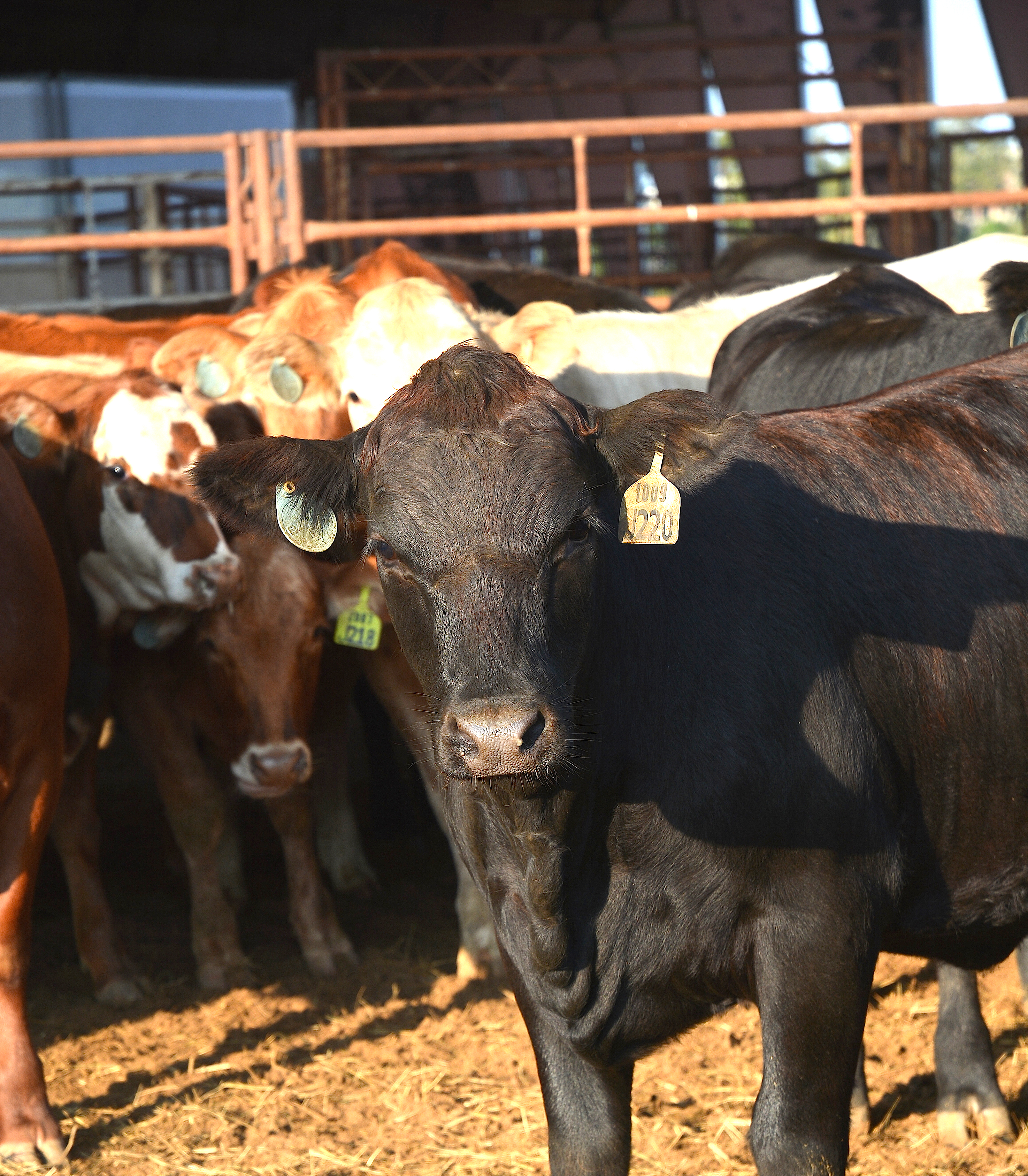
By: Blair Fannin
Writer: Blair Fannin, 979-845-2259, [email protected]
Contact: Jerry Cornforth, 979-458-1804, [email protected]
COLLEGE STATION – Budget spreadsheets are available for wheat growers and stocker cattle operators planning fall operations, according to a Texas A&M AgriLife Extension Service specialist.
“This time of year wheat and stocker operators are planning and organizing their activities for the coming months,” said Jerry Cornforth, AgriLife Extension economist in College Station. “Many are putting their plans together and these spreadsheets can assist with identifying and detailing the expenses of their operations.”
Producers can tailor spreadsheets to their operations, he said. For example, one enterprise may be on bottomland and another on terraced land with different expenses. Each of these operations can be separated into single tab entries. Each tab will calculate per acre and total enterprise costs from information entered for seed, fertilizer, chemicals, fuel, repairs and other costs.
Stocker budgets have expenses, such as calf cost, grazing cost, feed and veterinary expenses. Each tab also calculates a projected total return for a crop or a set of stockers, break-even prices and a sensitivity table.
“You can also do the same thing with any small grain crop,” Cornforth said. “A lot of farmers will be putting in small grains for grazing this fall or trying out a different small grain. These budget spreadsheets can help them estimate expenses and returns for these crops.”
For stocker operations, Cornforth said, separate tabs can be used for each weight class or grazing period to establish projected expenses and returns for different groups of cattle.
“The copy function on the spreadsheet gives flexibility to model your operation into the spreadsheet,” he said.
The spreadsheets, Build Your Own Budgets, are available at http://bit.ly/2mugoLH. More than 200 enterprise budgets for major crops and alternative production systems are available for the 12 AgriLife Extension districts across the state. There are also 40 livestock budgets.
Cornforth said the spreadsheets serve as a good risk management tool, allowing farmers and ranchers to evaluate potential changes to their operations based on a number of factors affecting profit or loss.
“Producers can makes changes to revenue or cost estimates and quickly see the impact on the potential profit or loss for a crop or stocker enterprise,” he said. “These spreadsheets give a producer the ability to evaluate many ‘what if’ scenarios quickly, hopefully allowing them to achieve better returns and reduce the overall risk to the operation. Budgets can be used throughout the growing season to keep tabs on production costs with profit/loss estimates being recalculated as costs change.”
A Machinery Cost Estimator spreadsheet is also available to help calculate and keep track of equipment costs.
“It can calculate depreciation as well as annual hours of use and machinery expenses such as fuel, and labor,” he said.
-30-
Find more stories, photos, videos and audio at http://today.agrilife.org
Farm & Ranch
Managing Show Cattle Through The Winter

By Heather Welper
Husband and wife duo, Heather and Calvin Welper, are the Co-Owners and Operators or Two C Livestock, located in Valley View, Texas.
The pair’s operation has a show cattle focus where they raise and sell purebred heifers of all breeds and club calf Hereford steers.
When it comes to show cattle, the Welpers know a thing or two including how to prepare for the cold winter months and the Texas major show season run.
To read more, pick up a copy of the November edition of North Texas Farm & Ranch magazine, available digitally and in print. To subscribe by mail, call 940-872-5922.
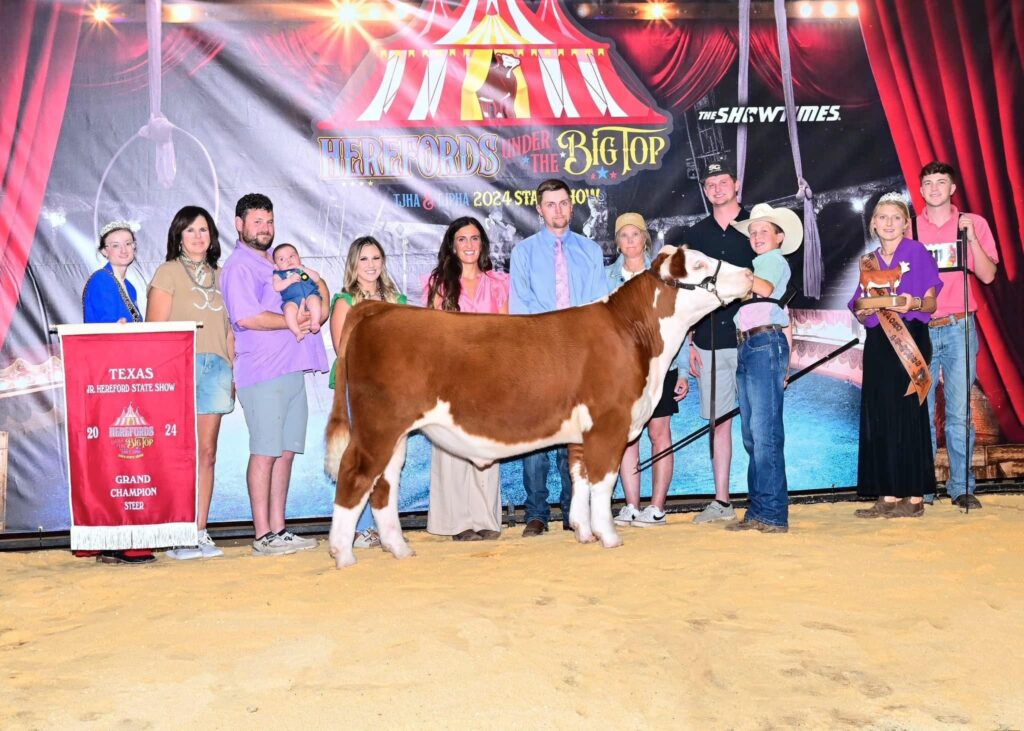
Farm & Ranch
Double M Ranch & Rescue

By Hannah Claxton, Editor
As the sun rises each day, so do the dozens of mouths that Meghan McGovern is responsible for getting fed. Rather than the sounds of a rooster crowing, McGovern hears the bellows and bleats of a variety of exotic deer, the chortle of kangaroos, the grunts of water buffaloes, and the chirps of a lemur.
Nestled against the banks of the Red River, the Double M Ranch and Rescue, with its high game fences and deer sprinkling the landscape,s its in stark contrast to the surrounding ranches.
“Having deer is kind of like eating potato chips- you can never actually have just one,” said McGovern with a laugh.
McGovern has several herds to take care of- fallow deer, axis deer, water buffalo, goats, and bison. In smaller numbers, there’s also a few kangaroos, a lemur, a potbelly pig, a pair of zebras, a watusi, and a few horses.
To read more, pick up a copy of the November edition of North Texas Farm & Ranch magazine, available digitally and in print. To subscribe by mail, call 940-872-5922.
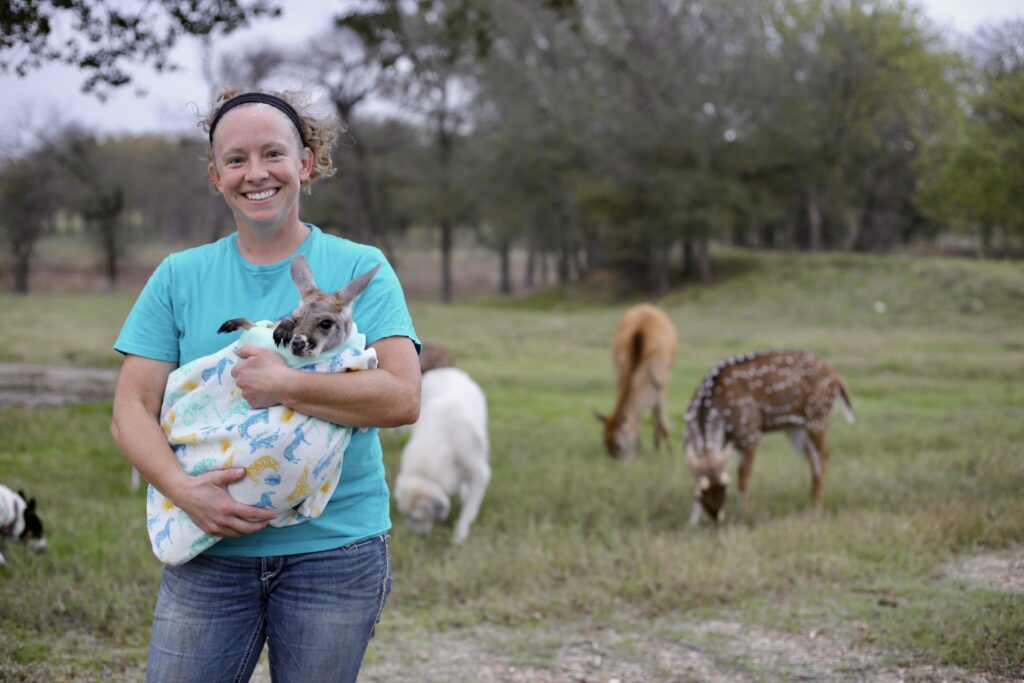
Farm & Ranch
Acorn Toxicity
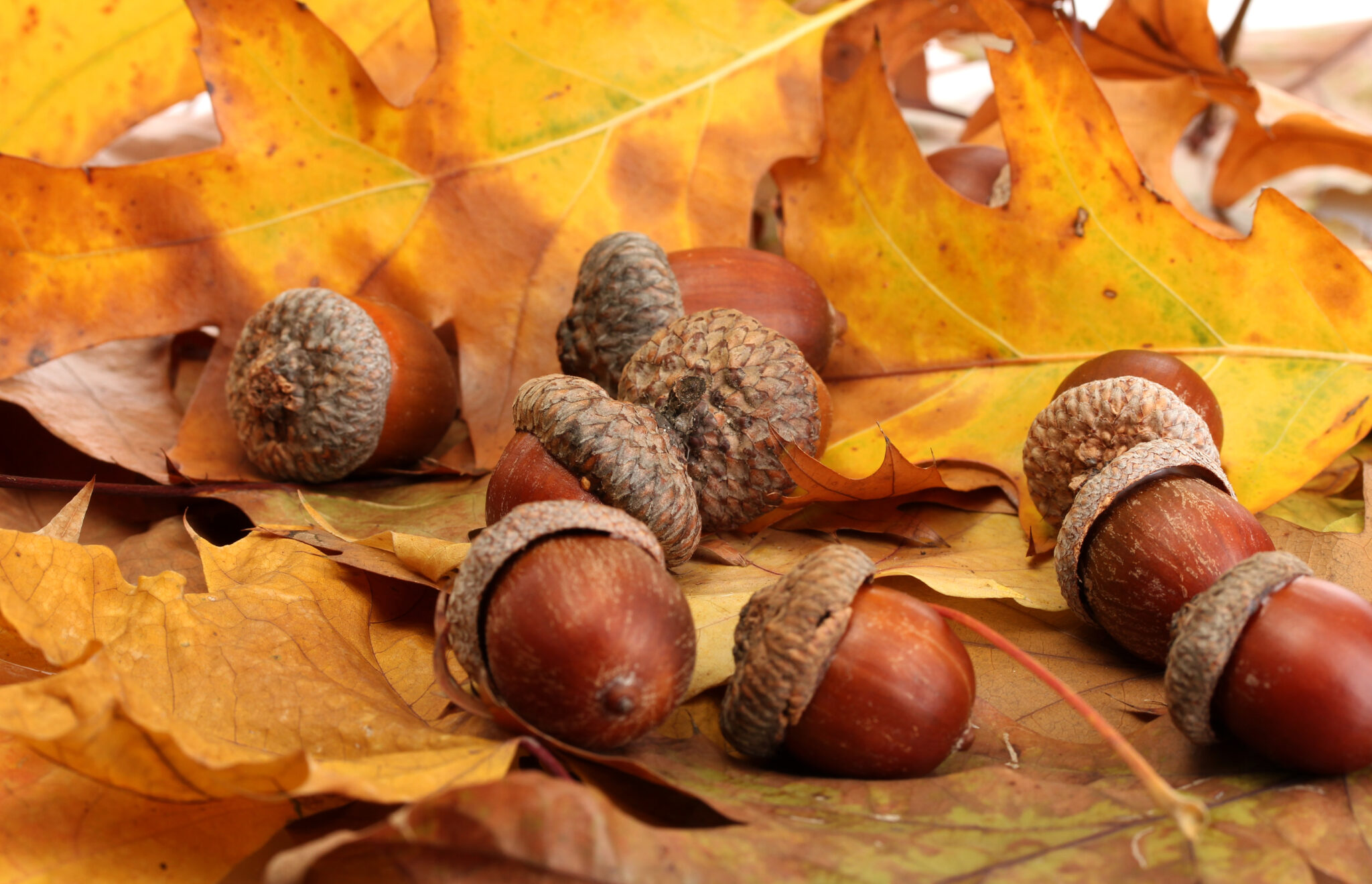
By Barry Whitworth, DVM, MPH
With the prolonged drought, most pastures in Oklahoma end up in poor condition. With the lack of available forage, animals may go in search of alternative foods.
If oak trees are in the pastures, acorns may be a favorite meal for some livestock in the fall. This may result in oak poisoning.
Oak leaves, twigs, buds, and acorns may be toxic to some animals when consumed.
To read more, pick up a copy of the November edition of North Texas Farm & Ranch magazine, available digitally and in print. To subscribe by mail, call 940-872-5922.
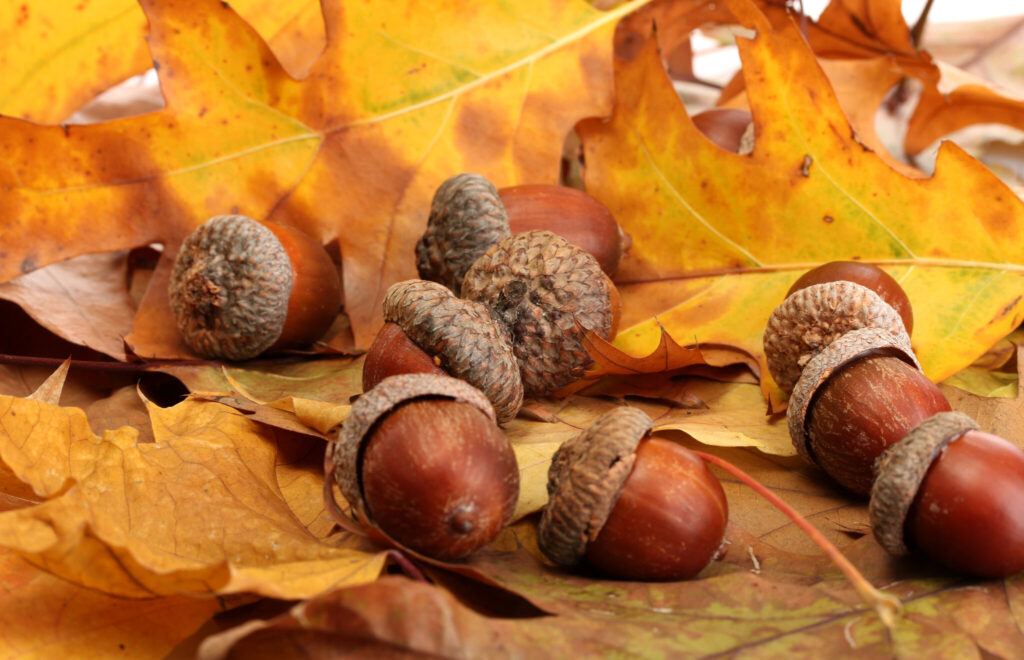
-

 Country Lifestyles2 years ago
Country Lifestyles2 years agoScott & Stacey Schumacher: A Growth Mindset
-

 Country Lifestyles8 years ago
Country Lifestyles8 years agoStyle Your Profile – What your style cowboy hat says about you and new trends in 2017
-

 HOME8 years ago
HOME8 years agoGrazing North Texas – Wilman Lovegrass
-

 Outdoor10 years ago
Outdoor10 years agoButtercup or Primrose?
-

 Country Lifestyles5 years ago
Country Lifestyles5 years agoAmber Crawford, Breakaway Roper
-

 Country Lifestyles9 years ago
Country Lifestyles9 years agoJune 2016 Profile – The man behind the mic: Bob Tallman
-

 Country Lifestyles8 years ago
Country Lifestyles8 years agoDecember 2016 Profile, Rusty Riddle – The Riddle Way
-

 Equine1 year ago
Equine1 year agoThe Will to Win




